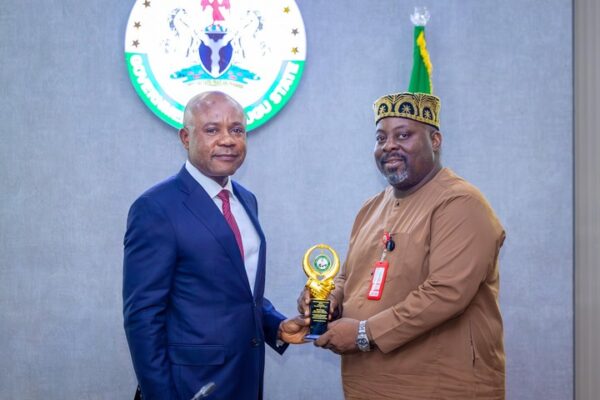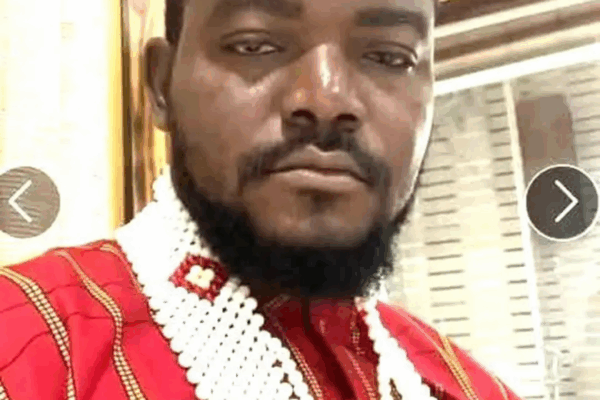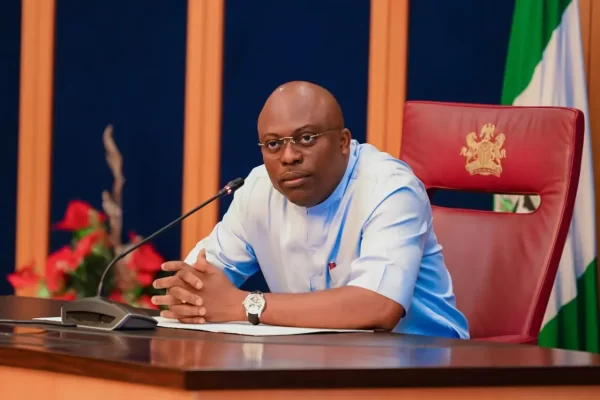
Why Real Madrid paying to sign Trent Alexander-Arnold early is unprecedented
Real Madrid’s decision to pay approximately €10 million (£8.4 million) to secure Trent Alexander-Arnold’s early release from Liverpool—just a month before his contract was set to expire—is a rare and strategic move in modern football. Typically, clubs allow players with expiring contracts to leave on a free transfer, especially when the remaining time is minimal. However, Real Madrid’s urgency stemmed from their desire to have Alexander-Arnold available for the upcoming FIFA Club World Cup, which commences on June 18, 2025. His Liverpool contract was due to end on June 30, making him ineligible for the tournament unless an early agreement was reached This proactive approach is unprecedented, particularly for a player who was on the verge of free agency. It underscores Real Madrid’s commitment to fielding a competitive squad for the Club World Cup, a tournament offering significant financial incentives, with potential earnings up to €100 million for the winners Moreover, the move highlights Real Madrid’s long-term planning. With veteran right-back Dani Carvajal facing injuries and advancing in age, securing Alexander-Arnold not only addresses immediate concerns but also ensures a seamless transition for the future. The club’s willingness to invest in an early transfer, despite the player’s impending free-agent status, reflects a strategic blend of short-term necessity and long-term vision








